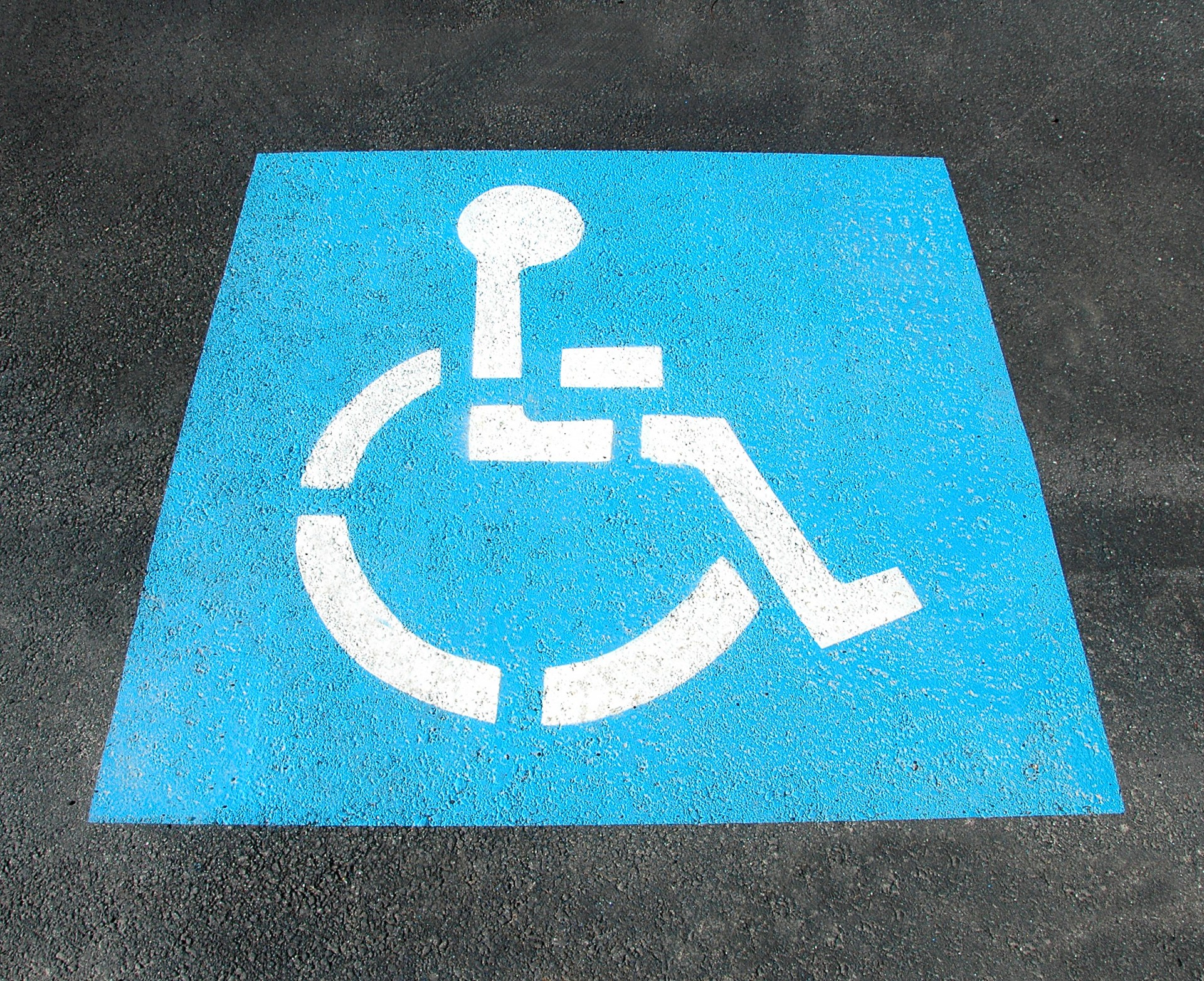What does the UN think of EU disability policy?

The European Union is a party to the UN Convention on the Rights of Persons with Disabilities. This is the first and, thus far, the only human rights treaty to which the EU is a party. In accordance with Article 35 of the Convention, the EU submitted its State report on the steps which has taken to implement the Convention last year. In April of this year, the Committee linked to the Convention responded by issuing the EU with a List of Issues – in essence a long list of questions relating to implementation of the Convention.
The EU responded to that List of Issues before the summer. The final stage in this review process has now taken place. At the very end of August representatives of the EU (civil servants from the Commission) attended the meeting of the UN Committee on the Rights of Persons with Disabilities in Geneva, and were put through two half days of intense questioning on the EU’s record. The Committee also heard numerous submissions from European Disabled Peoples’ Organisations, which presented their views on the EU’s implementation. The final event in this drama was the publication by the Committee of its Concluding Observations on the initial report of the EU.
In line with Concluding Observations (COs) directed to other State Parties, these COs begin with a couple of paragraphs of praise for the EU. The Committee notes with appreciation “that the EU is the first regional organisation to ratify a human rights treaty concluded under the auspices of the UN, thus setting a positive precedent in public international law” and that Regulations covering the European Structural and Investment Funds contain provisions that reflect the Convention. However, the majority of the 12 page document reflects the Committee’s concerns and recommendations. In total the COs contain 42 recommendations to the EU, all highlighted in bold. These address the full range of Convention rights and are identified on an article by article basis. The recommendations relate inter alia to conducting a review of EU legislation to ensure full harmonisation with the Convention, adoption of proposed legislation, mainstreaming of disability issues, awareness raising and campaigns on disability, ensuring accessibility, the prohibition of disability discrimination, budget allocation and EU staff matters. Many of the recommendations involve action which is to be taken “in cooperation with [EU] Member States and representative organisations of persons with disabilities”.
The EU must now review its response to these COs. However, in principle, it must only submit a new State report in January 2019, and no further monitoring by the Committee will take place in the meantime. The exception are three recommendations, which the Committee clearly regards as being particularly important, and on which the EU must report on within 12 months. These relate to updating the Declaration of Competence, the adoption of a European Accessibility Act and an independent monitoring mechanism. The Declaration of Competence, which was prepared under the previous Treaty and adopted by the Council in November 2009, contains some information on the competence of the EU to implement the Convention. Many of the competences the EU has in this respect are shared with the Member States. The Committee wishes the Declaration to be updated “to include recently adopted instruments and those instruments that have no specific reference to disability but that are relevant to persons with disabilities”. Secondly, the Committee wishes to see the long announced (but not yet published) European Accessibility Act adopted and for that to be aligned to the Convention. Lastly, in terms of implementing and monitoring, the Convention requires that State Parties establish a framework to promote, protect and monitor implementation of the Convention (Article 33(2)). This framework is to include at least one independent mechanism which should comply with the Paris Principles relating to the status of national human rights institutions. The European Commission is currently a member of this EU framework and the Committee feels the Commission should be removed from the “independent monitoring framework – to ensure full compliance with the Paris principles”. The Committee clearly does not feel the Commission can be regarded as independent in this context, and civil society has been highly critical of the Commission’s role for some time as well.
All in all, the Committee has done an impressive job of getting to the heart of the EU’s implementation of the Convention and the EU has its work set out.
-
 L.B. WaddingtonMore articles from L.B. Waddington
L.B. WaddingtonMore articles from L.B. WaddingtonLisa Waddington is the European Disability Forum Professor of European Disability Law. Her Chair was established in cooperation with the European Disability Forum.
Other blogs:
Also read
-
Throughout the EU, the rights of asylum seekers come under pressure. Overdue policy changes remain stuck in negotiations because of lacking political will. It is up to the European Commission to step up and protect the fundamental rights of asylum seekers.
-
The debate on the implications of Dutch colonial rule in Indonesia recently intensified after a report concluded that the Dutch forces had used extreme violence. Reactions to the report reveal that the issue remains controversial and challenging to discuss. The findings in the report do however...
-
Admittedly, the right to erasure, or more colloquially, the right to be forgotten is nothing new in the European legal landscape. Indeed, this right can be found as far back as 1981 in the predecessor of the Modernised Convention for the Protection of Individuals with regard to Automatic Processing...


